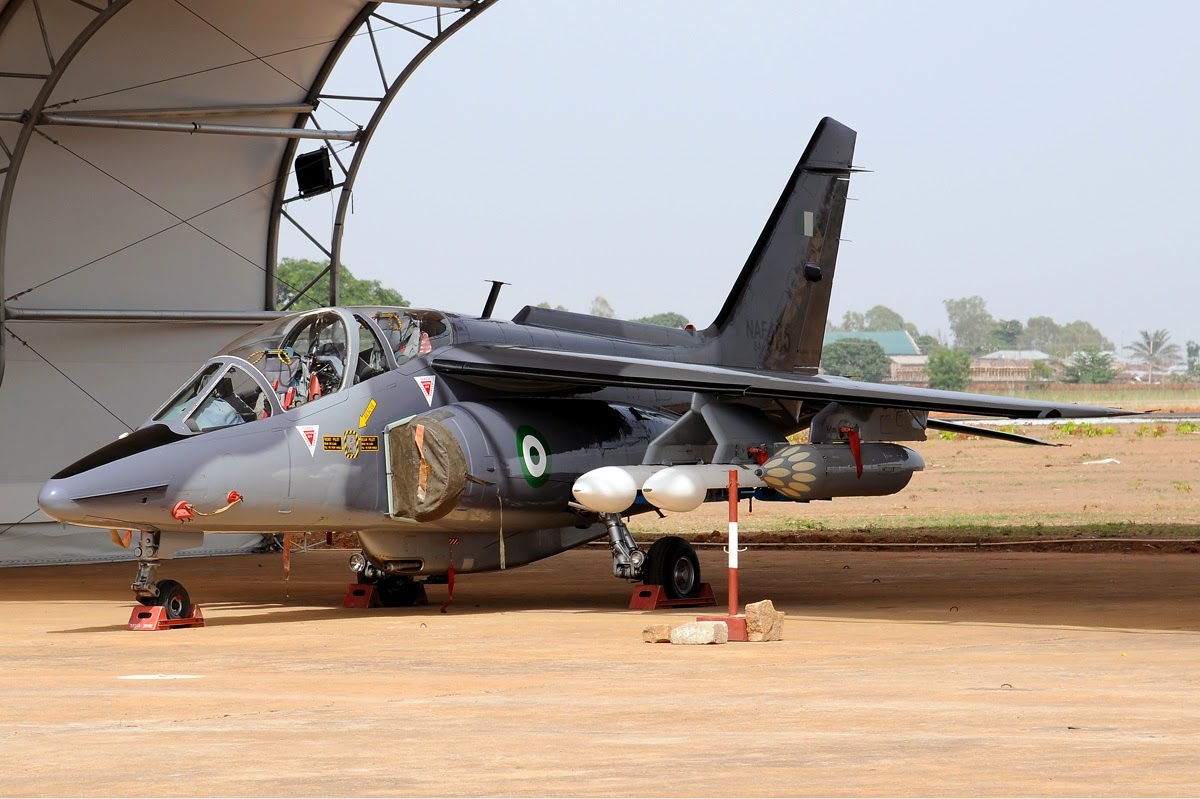Navigating The Skies: The Nigerian Air Force And Its Role In National Defense
The Nigerian Air Force (NAF) stands as a crucial pillar in the defense architecture of Nigeria. Established in 1964, the NAF has evolved from a modest beginning into a formidable force aimed at protecting Nigeria’s airspace and contributing to peacekeeping missions across the continent. The organization has not only played a pivotal role in national defense but has also been instrumental in humanitarian missions, surveillance operations, and combating insurgencies that threaten the stability of the nation. With its continuous modernization and strategic partnerships, the Nigerian Air Force is poised to adapt to the ever-changing landscape of aerial warfare.
As Nigeria faces numerous security challenges, including terrorism and regional conflicts, the role of the Nigerian Air Force has become increasingly significant. Its involvement in various military operations showcases its commitment to safeguarding the nation's sovereignty. The NAF's operational capabilities have expanded through the acquisition of advanced aircraft, training programs, and collaborations with international military bodies, underscoring its importance in regional security efforts.
Moreover, the Nigerian Air Force is dedicated to the welfare of its personnel and communities. Through engagement programs and outreach initiatives, the NAF works to build a positive relationship with the civilian population, emphasizing its role not just as a military entity but as a partner in national development. This multifaceted approach enhances the NAF's reputation and fosters public support, which is essential for the success of any military organization.
What is the History of the Nigerian Air Force?
The Nigerian Air Force was officially formed on April 18, 1964, following the establishment of the Nigerian Army Air Corps in 1962. Initially, the NAF had limited aircraft and personnel, primarily focused on training and basic air support operations. Over the years, the force expanded its capabilities through various phases of modernization and strategic acquisitions of aircraft, including fighter jets, helicopters, and surveillance planes.
How Has the NAF Evolved Over the Years?
Over the decades, the Nigerian Air Force has undergone significant transformations to meet the dynamic challenges of modern warfare. Key milestones in its evolution include:
- 1970s - Introduction of the first indigenous aircraft, the NAF F-6 fighter jets.
- 1980s - Expansion of training programs and partnerships with other air forces.
- 1990s - Acquisition of advanced multi-role combat aircraft for enhanced operational capability.
- 2000s - Increased focus on counter-insurgency operations and humanitarian missions.
- 2010s - Modernization initiatives, including the introduction of drones and surveillance technology.
What Are the Key Operations Conducted by the Nigerian Air Force?
The Nigerian Air Force has been actively involved in various operations aimed at addressing security challenges in Nigeria and the West African region. Some notable operations include:
- Operation Lafiya Dole - Targeting Boko Haram insurgents in the northeastern region.
- Operation Safe Corridor - A counter-radicalization initiative aimed at rehabilitating ex-combatants.
- Operation Thunder Strike - Aimed at curtailing banditry and kidnappings in the northern states.
- Peacekeeping missions in collaboration with the United Nations and African Union.
What Are the Challenges Facing the Nigerian Air Force?
Despite its achievements, the Nigerian Air Force faces numerous challenges, including:
- Budget constraints affecting procurement and maintenance of aircraft.
- Inadequate infrastructure and logistics support for operations.
- Insufficient training facilities and resources for personnel development.
- Threats from non-state actors, such as terrorist groups and armed militias.
What Is the Role of Technology in the Nigerian Air Force?
Technology plays a vital role in enhancing the operational effectiveness of the Nigerian Air Force. The adoption of modern technology includes:
- Acquisition of unmanned aerial vehicles (UAVs) for surveillance and reconnaissance.
- Integration of advanced radar systems for improved airspace monitoring.
- Implementation of simulation training for pilots and ground personnel.
How Does the NAF Contribute to National Development?
The Nigerian Air Force contributes to national development through various initiatives, including:
- Humanitarian assistance during natural disasters and emergencies.
- Community outreach programs aimed at education and health services.
- Support for local industries through procurement and partnerships.
What Does the Future Hold for the Nigerian Air Force?
Looking ahead, the Nigerian Air Force is poised to continue its modernization efforts and adapt to emerging security threats. With a focus on enhancing its operational capabilities, increasing personnel training, and fostering international collaborations, the NAF aims to solidify its position as a leading air force in Africa. The ongoing investment in technology and infrastructure will play a crucial role in shaping the future of the Nigerian Air Force and its ability to respond to the challenges of the 21st century.
In conclusion, the Nigerian Air Force has established itself as a key player in ensuring national security and contributing to regional stability. Its commitment to modernization, community engagement, and operational excellence positions it as an essential component of Nigeria's defense strategy.
```
Heartfelt Good Morning Messages For My Wife
Amina Anako: The Rising Star Of Contemporary Art
Unleashing The Laughter: The Ultimate Guide To Spongebob Captions


